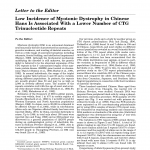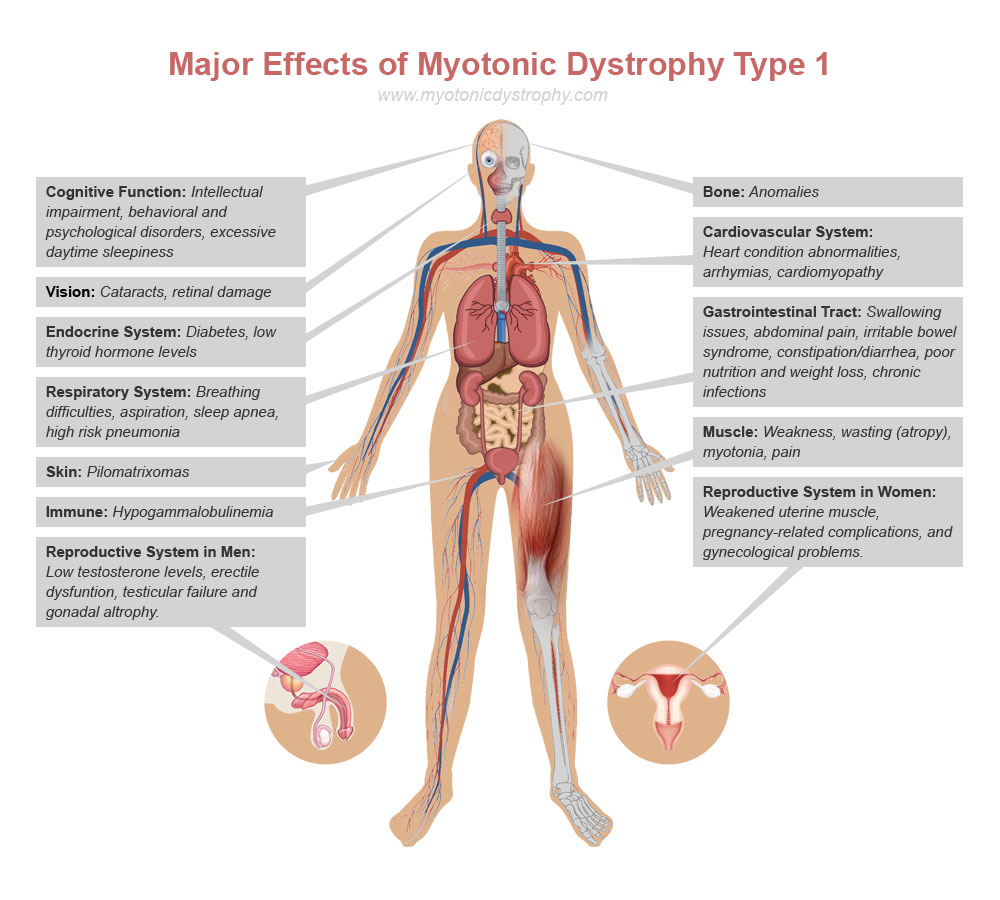 Recently Isis Pharmaceuticals gave a talk at the myotonic dystrophy foundation conference in San Fransisco, CA. This talk including just information that had been publicly given out previously. However, one of the lead researchers in the Myotonic Dystrophy field commented that this new drug that Isis is pursuing in collaboration with Biogen could be the “Fountain of Youth Drug”. The basic mechanism of antisense technology, if aging is caused by cell clogging with these proteins that are not being released to proper area. This could be a hug huge blockbuster drug that would exceed everyone potential.
Recently Isis Pharmaceuticals gave a talk at the myotonic dystrophy foundation conference in San Fransisco, CA. This talk including just information that had been publicly given out previously. However, one of the lead researchers in the Myotonic Dystrophy field commented that this new drug that Isis is pursuing in collaboration with Biogen could be the “Fountain of Youth Drug”. The basic mechanism of antisense technology, if aging is caused by cell clogging with these proteins that are not being released to proper area. This could be a hug huge blockbuster drug that would exceed everyone potential.
Tag Archives: drug
Daytime Sleepiness in Myotonic Dystrophy Causes
This is a study (1994) that looked at the causes of sleepiness in patients with myotonic dystrophy. They concluded that these sleep issues are not caused by sleep apnea. A number of the patients were able to get some relief with Ritalin. Ritalin has a low amount of cardiac side effects. However, this drug may have some cardiac side effects so clear it with your doctor cardiologist before use
Daytime Sleepiness is not caused by Sleep Apnea
Daytime sleep in myotonic dystrophy is not caused by sleep apnoea.
Source
Department of Neurology, University Hospital Rotterdam-Dijkzigt, The Netherlands.
Abstract
Daytime sleepiness is common in myotonic dystrophy and might be attributed to disturbed nocturnal breathing. Seventeen out of 22 patients complained of excessive daytime sleepiness, resembling “idiopathic hypersomnolence”. Sleep apnoea might have contributed to daytime sleepiness in only three of 17 patients. Treatment with the central stimulant methylphenidate produced sustained benefit in seven out of 11 patients tested. Daytime sleepiness in myotonic dystrophy is usually caused by dysfunction of central sleep regulation and not by disturbed nocturnal breathing.
General Information on DM1
Featured
The Blog. You’ve reached this site as you may be the one of nearly one million people affected by Myotonic Dystrophy Worldwide. This site aggregates and publishes all information on Myotonic Dystrophy Myotonic Dystrophy is a disease that is genetically based and inherited from one generation to the next. One out of two children of a person with myotonic dystrophy will most likely have the disease. Unlike most diseases, the symptoms that a person with this disease varies from person to person. Some people are just mildly affected others are severely affected. This makes it hard to tell you exactly how the disease will affect a particular person.
Four treatments that have potential have now surfaced about Myotonic Dystrophy. These are three approved Drugs by FDA and “off label use” may assist some people with DM1. (As always check with your Doctor) . The other is a drug that is not FDA approved in the USA for human use. Three off label uses have showed promise in mice studies but as yet there is no human data… In January of 2017 Ionis Pharmaceuticals stopped the trials of its DMPK-2.5Rx drug as it failed to show promise in the human trials. There are a few drugs that are in development to treat myotonic dystrophy with various approaches such as small molecules but not available now. There have been some studies in mice or human cells of currently approved FDA drugs but no human studies. A few are listed below.
===> Furamidine Study in mice and cells with Erythromycin
====>Colchicine (Colcrys, Mitigare), Fall 2019 a study in mice and human cells
====> Erythromycin study in cells and mice successfully pushes back disease in Mice
====> Actinomycin D study in cells and mice successfully pushes back disease in Mice
====> Phenylbutazone Ketoprofen Study in cells and mice pushes back disease in mice. NSAID type drugs. Ketoprofen would be strongly preferred. However, ketoprofen is no longer manufactured.
NOTE: These potential treatments are just that potential. NO studies in humans have been completed and reported. However, more and more information is available and here at this site you will find all that is published. You and your doctor should discuss these if you feel it warranted.
Myotonic dystrophy is a rare disease with an incidence of about one in 8000 in European and North American Populations. The incidence in Japan is approximately 1 in 20,000. In Africa and China the incidence is much lower.  The incidence of the congenital form of myotonic dystrophy is much lower with an incidence of 1/100,000. A more recent study by Campbell in Canada put the incidence of the congenital form at 1/47,000 That means that most doctors will not have a patient with the disease in their practice. Thus, many people are turning to organizations like the Myotonic Dystrophy Foundation for help and assistance.
The incidence of the congenital form of myotonic dystrophy is much lower with an incidence of 1/100,000. A more recent study by Campbell in Canada put the incidence of the congenital form at 1/47,000 That means that most doctors will not have a patient with the disease in their practice. Thus, many people are turning to organizations like the Myotonic Dystrophy Foundation for help and assistance.

